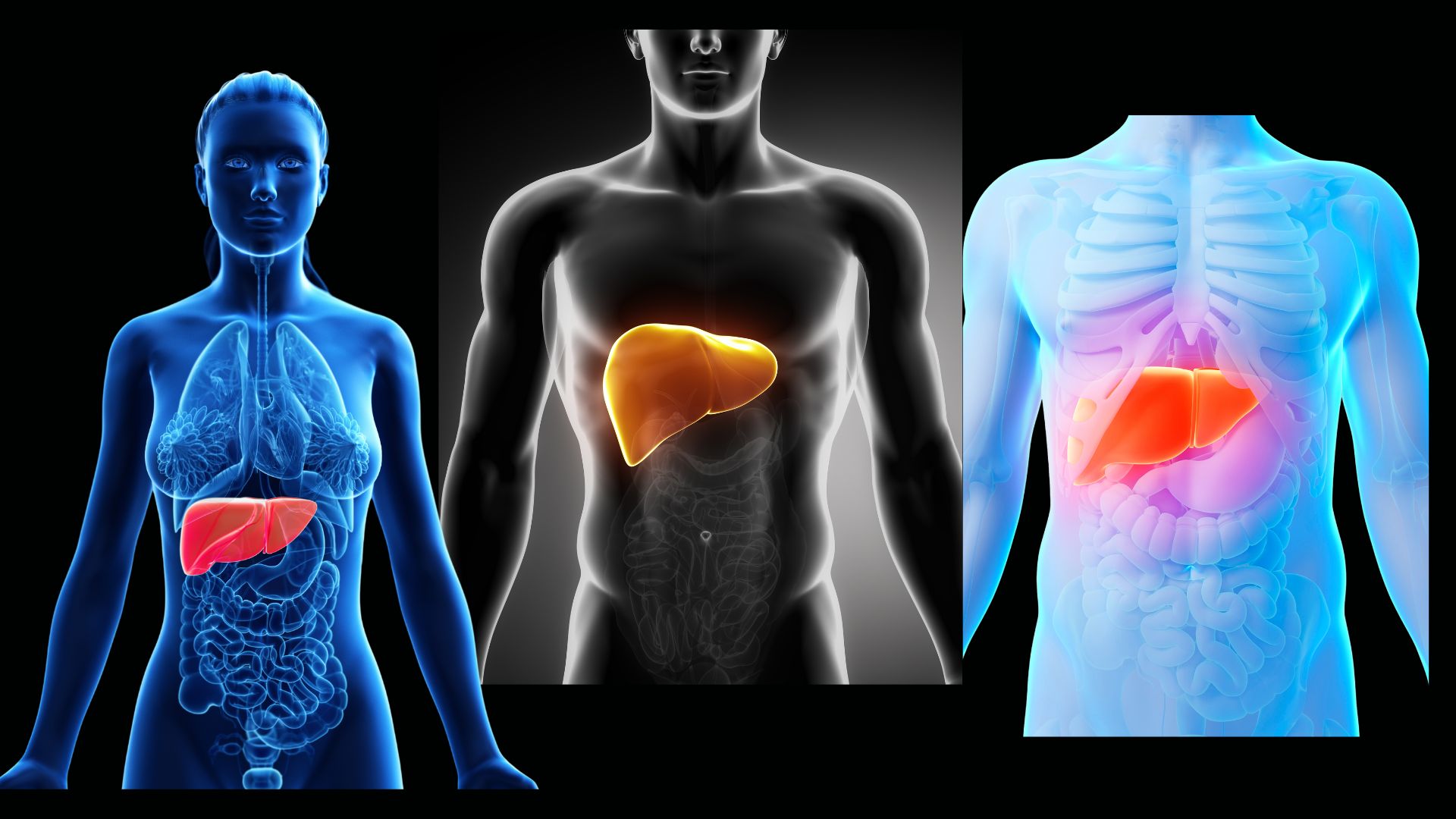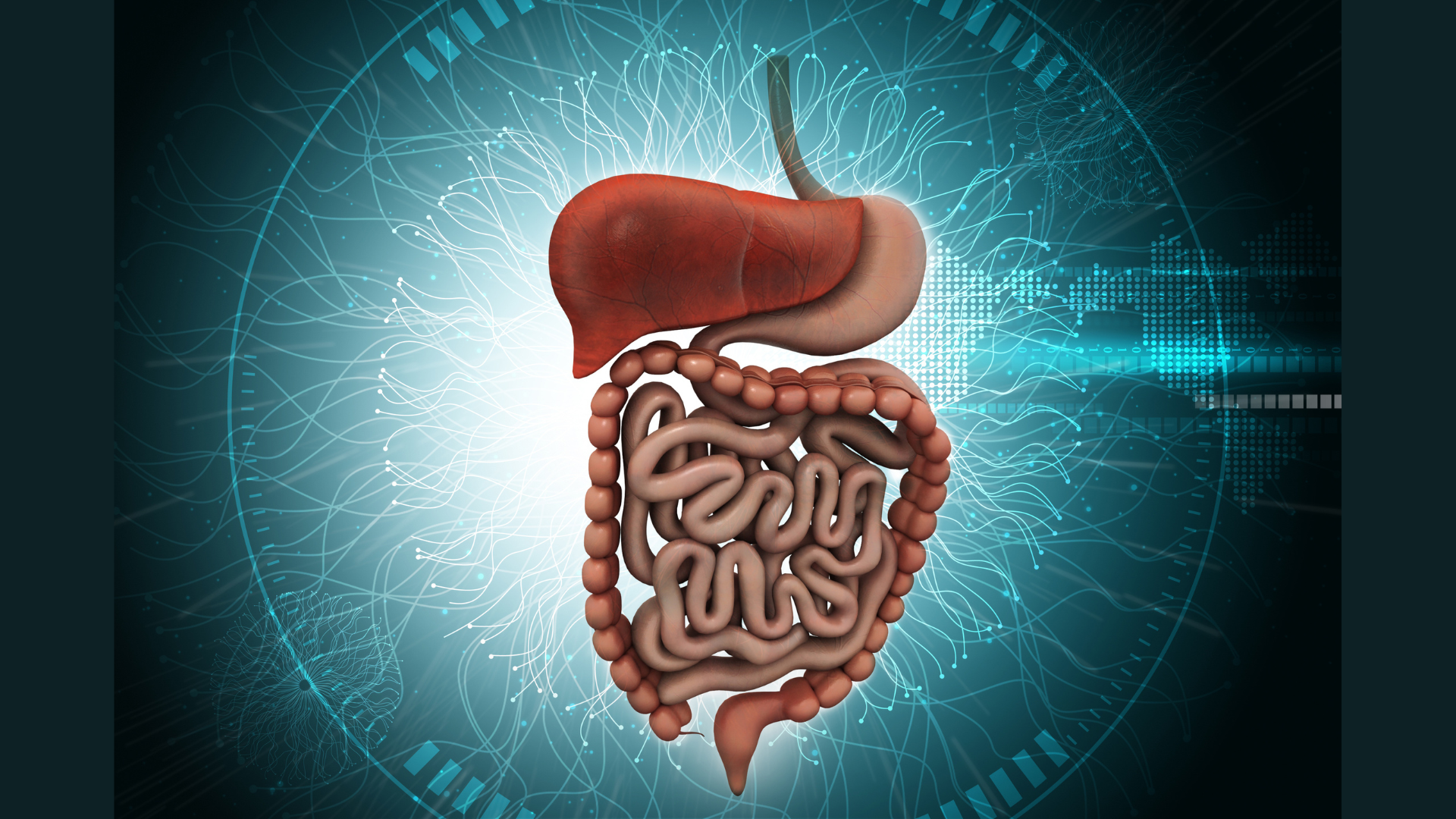Chicken Stock for Tight Skin and Strong Bones - Really!

Chicken Stock is a functional food with many healing properties. It has long been considered a “wives' tale” that it is a remedy for the common cold and eve the flu that is now known to be true! What you may not know is that the nutrients found in chicken stock will contribute to healthy bones and cartilage, tight skin and help aid digestive issues.
Chicken Stock contains calcium, magnesium, phosphorus, sulphur, silicon, chondroitin sulphates and glucosamine. It contains gelatin, which is one of the first “functional foods” researched. It was found to aid in digestive issues (babies had fewer digestive problems when gelatin was added to their milk) and has been shown to be useful for those with peptic ulcers, diabetes, infectious diseases, jaundice and even cancer. Gelatin is a hydrophilic colloid, which helps digestion by attracting digestive juices to food, thereby facilitating digestion. Well-made chicken stock contains amino acids and cartilage building proteins needed for healthy skin and bones. In fact, these along with the gelatin have been proven to build strong cartilage and bones. In addition, chicken stock contains glucosamine and chondroitin sulphates that are now sold as supplements used for joint pain and arthritis. Glycine is one of the major amino acids found in chicken stock. Interestingly, besides being involved in the manufacture of glucose, one of glycine's vital functions is that of detoxification – especially of chemicals. Glycine is also responsible for making up the network of collagenous fibers. These fibers primary job is to get and hold water, making them very resiliant. These fibers are what makes your cartilage strong (or not). Proline, another amino-acid, works with glycine. It has long been known to contribute to soft, supple and non-sagging skin. Research studies will not back this up, however they will conclude that these amino acids are necessary for strong skin, bones and cartilage. This probably stems from the fact that these amino acids are known to be produced in the body. However, it should be pointed out that the body cannot manufacture anything it is supposed to without proper nutrition. I suppose that's where we get the old saying, “you are what you eat.” Chicken Stock for Your Health







